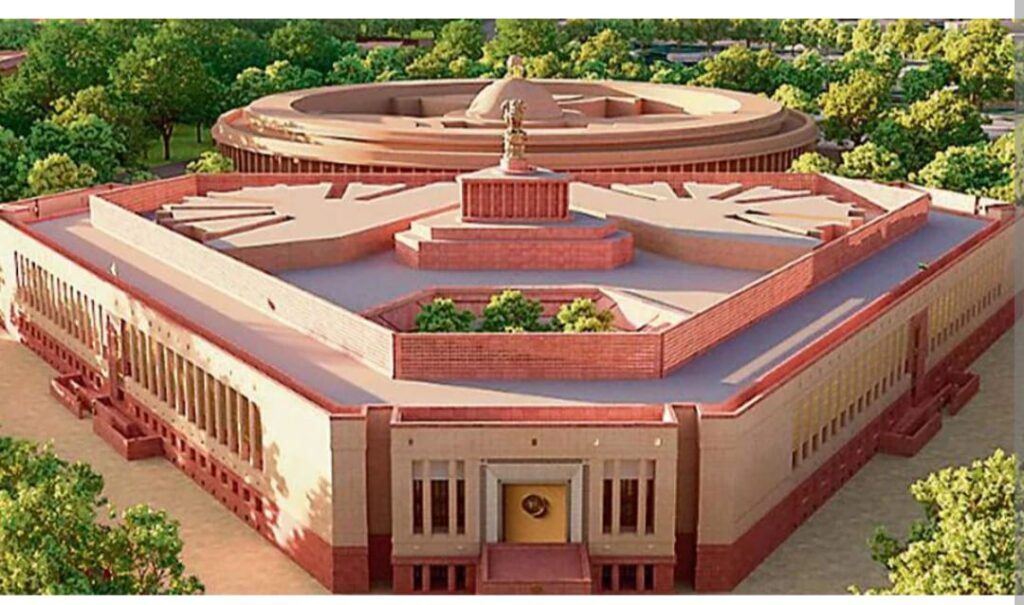

NEW DELHI: The Narendra Modi-led government has set a new record for the lowest number of parliamentary sitting days in the history of independent India, raising serious concerns among constitutional experts and opposition parties alike. Analysts say this trend reflects a deliberate attempt to avoid legislative scrutiny, especially in light of a stronger opposition post-2024 general elections.
Comparing the first session of the 17th Lok Sabha in 2019 with the current 18th Lok Sabha, the difference is stark. While the 17th Lok Sabha’s monsoon session lasted 37 days and saw the passage of 16 bills—including the landmark abrogation of Article 370 in Jammu and Kashmir—most were passed without meaningful debate or opposition consultation.
In contrast, experts highlight that the first 12 months of the current Lok Sabha have seen even fewer sitting days, marking a worrying decline in parliamentary productivity.
Observers link this shrinking of legislative time directly to the Modi government’s weakened political standing. Now dependent on support from coalition partners like the Telugu Desam Party (TDP) led by N. Chandrababu Naidu, the BJP is navigating a more assertive and united opposition both inside and outside Parliament.
With the INDIA bloc gaining traction, political commentators see a pattern: as opposition strength grows, the Modi government increasingly curtails parliamentary sittings to limit debate on contentious public issues.
Sources point out that Prime Minister Modi’s own presence in Parliament has been noticeably reduced. Opposition leaders recently criticized him for skipping crucial all-party meetings on the Pahalgam incident, especially when national security and diplomacy were at stake.
Against this backdrop, the upcoming monsoon session starting July 21 is being described as one of the Modi government’s toughest legislative tests. Opposition parties are preparing to challenge the government on several fronts: from the Pahalgam incident and Operation Sindoor, to the sudden ceasefire announcement allegedly made under U.S. pressure without consulting Parliament.
Domestic issues such as the spiralling Manipur violence, unemployment, price rise, agrarian distress, caste census data management, and electoral roll revision are also on the agenda.
The Supreme Court’s recent observations questioning the Election Commission’s functioning have added fuel to the fire. Fresh allegations surrounding crony capitalism linked to top industrialists and worries over parliamentary disruptions further complicate the government’s position.
One particularly controversial move was the government’s decision not to refer the Waqf Bill to the parliamentary standing committee on minority and social justice. Instead, it was sent to a joint parliamentary committee dominated by the ruling party, triggering further opposition protests. Analysts see this as part of a broader strategy by the Modi government to bypass wider legislative consultation.
With regional demands and coalition pressures within the NDA also rising, managing legislative business while addressing public sentiment will be a formidable challenge for the Modi government. This monsoon session may well determine whether the government can retain control over its political narrative or whether it finds itself cornered by an increasingly organized and vocal opposition bloc.






